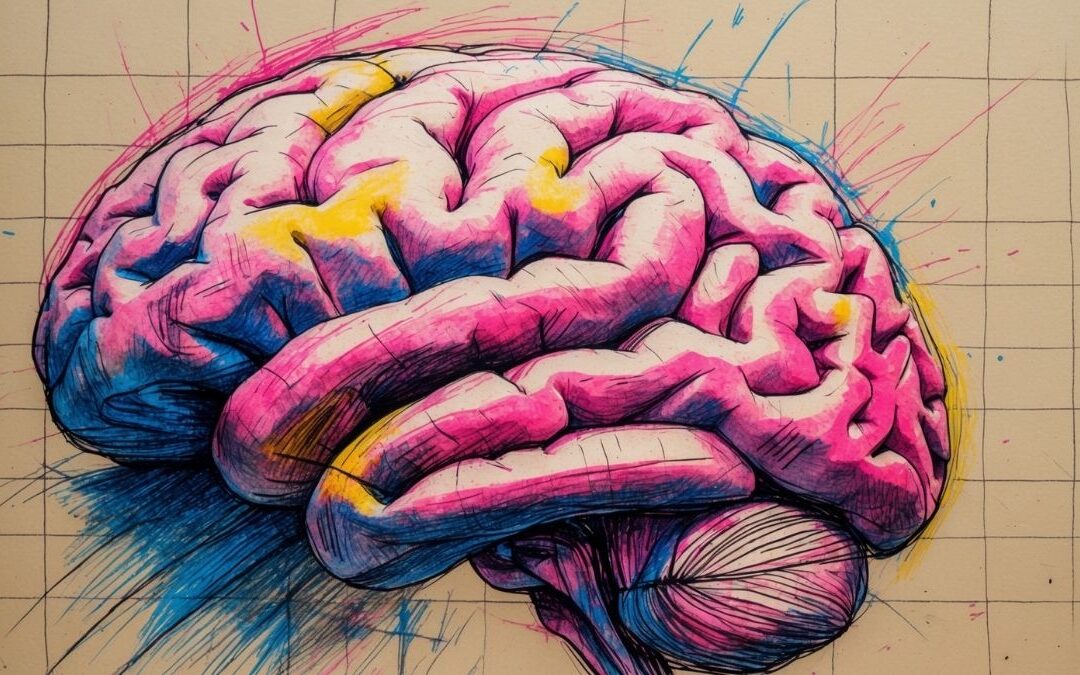- The Power of a Strong Memory
- 1. Mental Workouts with Brain Games
- 2. The Magic of Mnemonic Devices
- 3. Regular Physical Exercise
- 4. Meditative Practices
- 5. Learning a New Skill
- 6. Adequate Sleep
- 7. Storytelling as a Tool
- 8. Social Interactions
- 9. Healthy Diet
- 10. Mindful Reading and Learning
- Real-Life Application of Memory Exercises
- Take Action: Enhance Your Memory Starting Today
- Why Should You Care?
- Key Takeaways:
- Keywords and Definitions:
- Frequently Asked Questions:
- Myth Buster:
- Let’s Talk:
The Power of a Strong Memory
In a world where information is at our fingertips, the ability to retain and recall information is more valuable than ever. Whether you’re a student, a professional, or simply a lifelong learner, enhancing your memory can significantly impact your daily activities and long-term intellectual pursuits. Let’s explore the top 10 memory-boosting exercises that can help you on this journey.
1. Mental Workouts with Brain Games
Brain games like puzzles, crosswords, and Sudoku are not just fun; they stimulate your mind. Regularly challenging your brain helps enhance memory and cognitive agility.
2. The Magic of Mnemonic Devices
Mnemonic devices are memory techniques that help you remember information. For instance, using acronyms or rhymes can make recalling complex information easier.
3. Regular Physical Exercise
Physical activity isn’t just good for your body; it’s great for your brain too. Activities like walking, swimming, or yoga improve blood flow to the brain, enhancing memory.
4. Meditative Practices
Meditation isn’t only a stress-reliever; it’s a memory booster. It enhances focus and concentration, two key components of effective memory.
5. Learning a New Skill
Picking up a new language or instrument isn’t just a hobby; it’s a workout for your brain. Learning new skills keeps your mind engaged and improves memory function.
6. Adequate Sleep
Never underestimate the power of a good night’s sleep. Sleep plays a critical role in memory consolidation, where short-term memories are transformed into long-term ones.
7. Storytelling as a Tool
Transforming information into a story makes it more relatable and memorable. This technique leverages your brain’s natural affinity for narratives.
8. Social Interactions
Engaging in conversations and social activities stimulates your brain. Regular social interactions can improve memory and cognitive skills.
9. Healthy Diet
A diet rich in antioxidants, omega-3 fatty acids, and vitamins is not just good for your body but your brain as well. Foods like berries, fish, and nuts can boost memory.
10. Mindful Reading and Learning
Instead of skimming through texts, try reading mindfully. Taking the time to fully comprehend and reflect on the information can improve memory retention.
Real-Life Application of Memory Exercises
Consider the case of John, a 40-year-old professional who started using these exercises. He began with simple puzzles and gradually included other exercises into his routine. Over time, John noticed significant improvements in his work performance and ability to learn new skills.
Take Action: Enhance Your Memory Starting Today
Why wait to improve your memory and cognitive skills? Start incorporating these exercises into your daily routine. Whether it’s picking up a new hobby, engaging in brain games, or ensuring you get enough sleep, each step you take is an investment in your brain health and lifelong learning. Remember, enhancing your memory is not just about boosting brain power; it’s about enriching your life experiences and preparing yourself for a lifetime of learning and growth. Start today, and witness the transformative power of these memory-boosting exercises!
Why Should You Care?
Enhancing memory is crucial for both personal and professional growth. In an information-driven world, the ability to retain and recall information efficiently can lead to more successful learning, better decision-making, and improved life quality. Understanding memory-boosting exercises is essential for anyone looking to stay mentally sharp and maintain cognitive health throughout their lives.
Key Takeaways:
- Brain Games Enhance Cognitive Agility: Engaging in puzzles and brain teasers can improve memory and mental flexibility.
- Mnemonic Devices Aid Recall: Techniques like acronyms or rhymes simplify remembering complex information.
- Physical Exercise Boosts Brain Health: Regular physical activity enhances blood flow to the brain, improving memory.
- Meditation Improves Focus and Memory: Regular meditation can lead to better concentration and memory retention.
- Learning New Skills Keeps the Brain Active: Acquiring new abilities challenges the brain and enhances memory.
- Adequate Sleep is Essential for Memory Consolidation: Quality sleep helps in transforming short-term memories into long-term ones.
- Storytelling Makes Information Memorable: Using narratives can make remembering information easier and more effective.
- Social Interaction Stimulates the Brain: Regular conversation and social engagement benefit memory and cognitive skills.
- A Nutritious Diet Supports Memory: Foods rich in antioxidants and omega-3 fatty acids help in boosting memory.
- Mindful Reading Enhances Retention: Focused and reflective reading improves the ability to remember what you’ve read.
Keywords and Definitions:
- Cognitive Agility: The mental ability to quickly process and understand information and adapt to new situations.
- Mnemonic Devices: Memory techniques that help in recalling information, using patterns of letters, ideas, or associations.
- Brain Health: The overall well-being and functionality of the brain, encompassing aspects like memory, decision-making, and reasoning.
- Memory Consolidation: The process where the brain converts short-term memories into long-term ones.
- Narratives: Stories or accounts used as a method to remember and convey information.
- Antioxidants: Substances that can prevent or slow damage to cells caused by free radicals.
- Omega-3 Fatty Acids: Essential fats that have numerous health benefits for your brain and body.
- Mindful Reading: The practice of reading with focused attention and reflection, enhancing comprehension and retention.
- Brain Teasers: Puzzles or riddles that challenge the brain and promote critical thinking and memory.
- Reflective Learning: A method of learning involving active consideration and analysis of knowledge and experiences.
Frequently Asked Questions:
How long does it take to see improvements in memory from these exercises?
Improvements can vary depending on the individual and their consistency in practicing these exercises. Generally, noticeable changes can be observed within a few weeks to months.
Can these exercises help prevent age-related memory decline?
While not a cure-all, these exercises can help slow down the natural decline in memory and cognitive function associated with aging.
Myth Buster:
Myth: Only older adults need to do memory exercises.
Reality: Memory exercises are beneficial for all ages and can help enhance cognitive functions throughout one’s life.
Myth: Memory can’t be improved once it starts declining.
Reality: While natural decline occurs, various exercises and lifestyle changes can significantly enhance and maintain memory capabilities.
Let’s Talk:
- Have you tried any memory-boosting exercises? What was your experience?
- How do you incorporate brain health into your daily routine?
- What new skill would you like to learn to boost your memory?










0 Comments